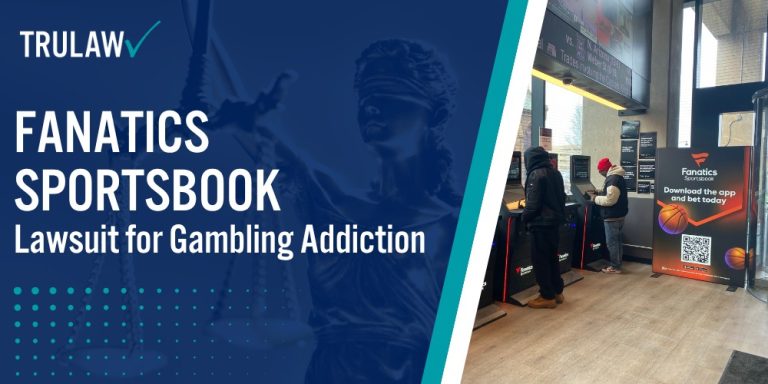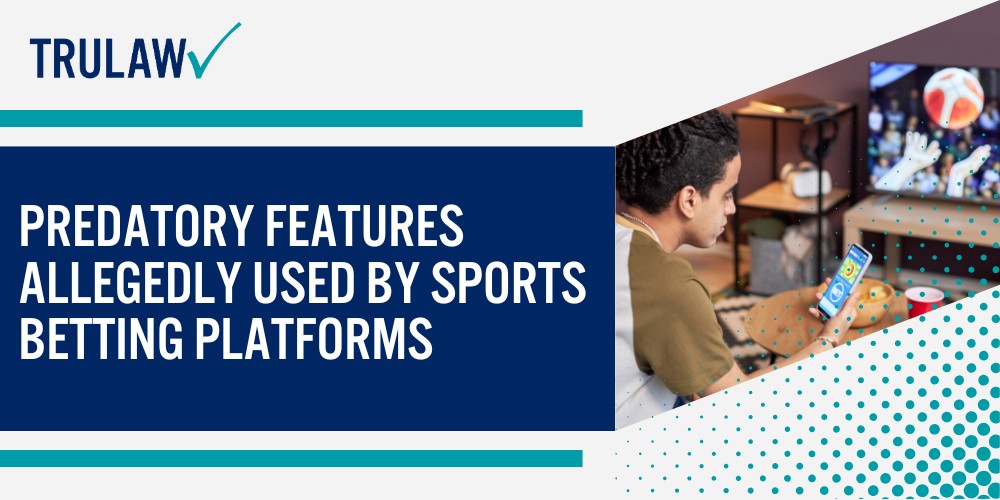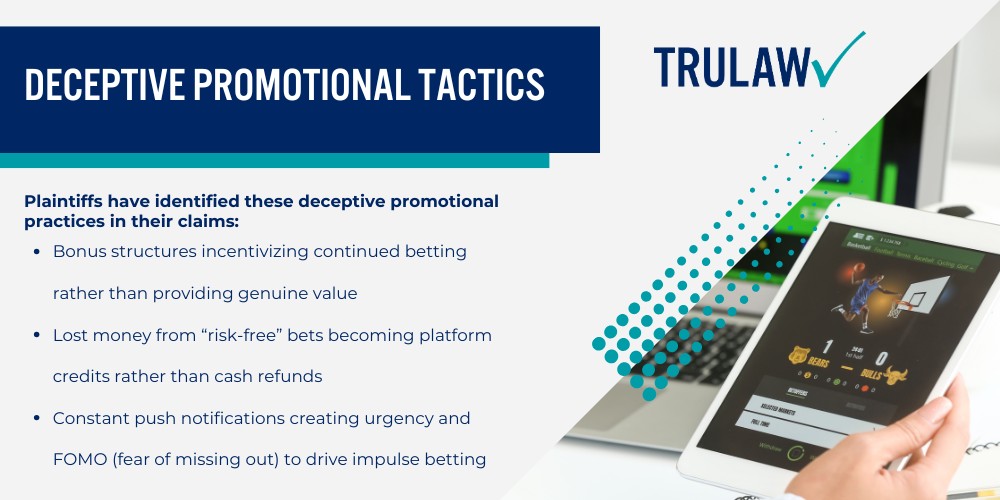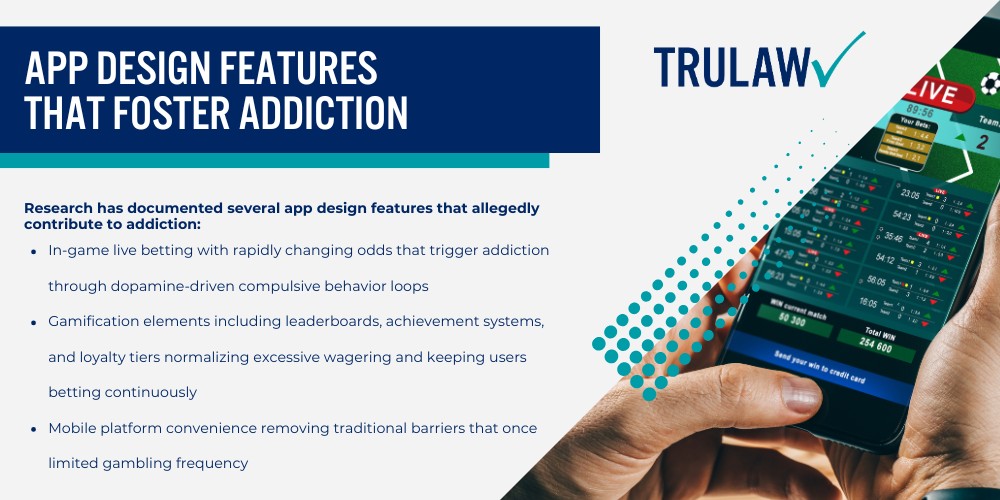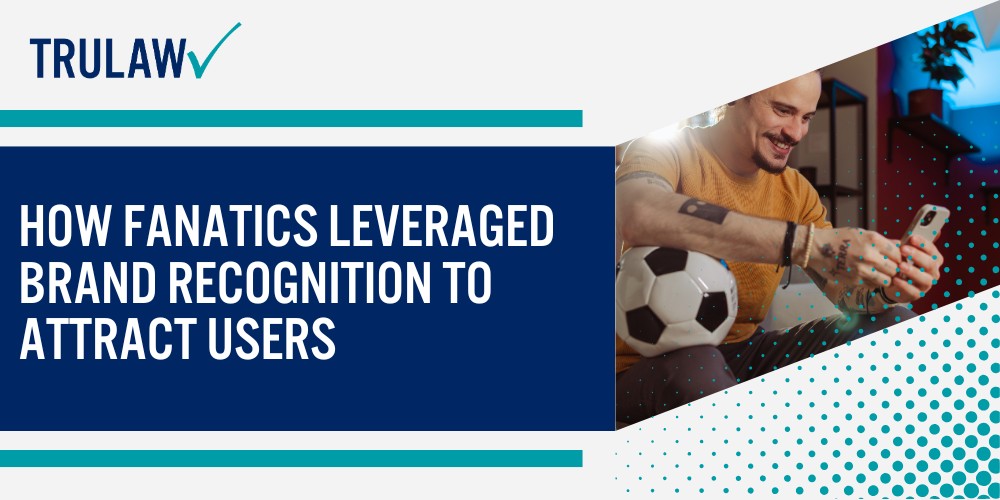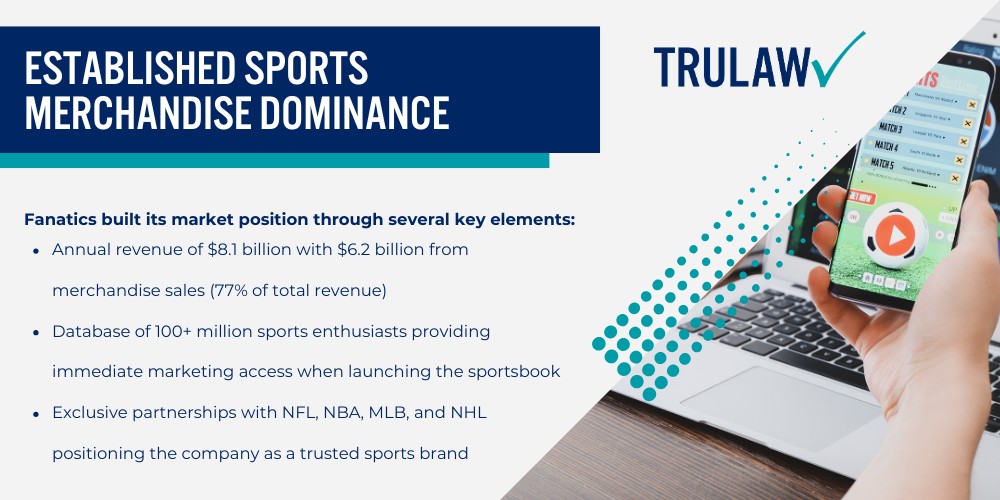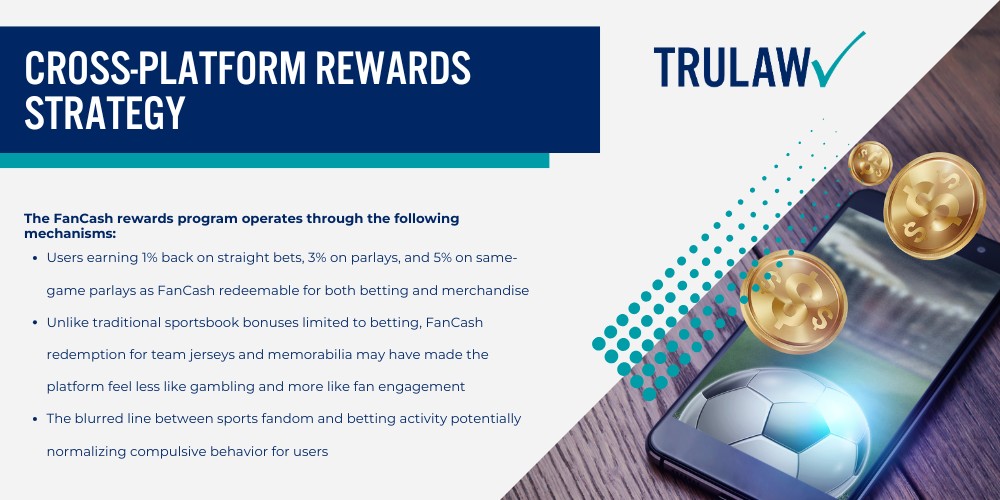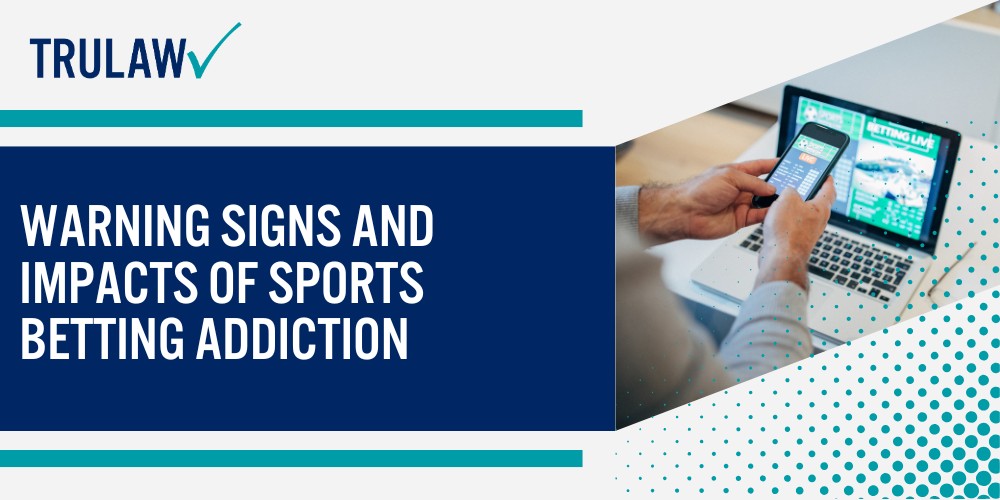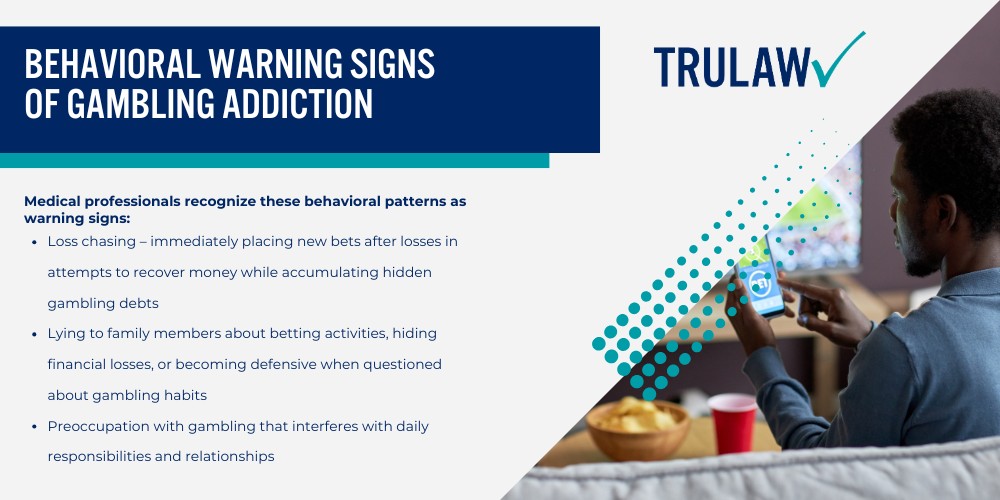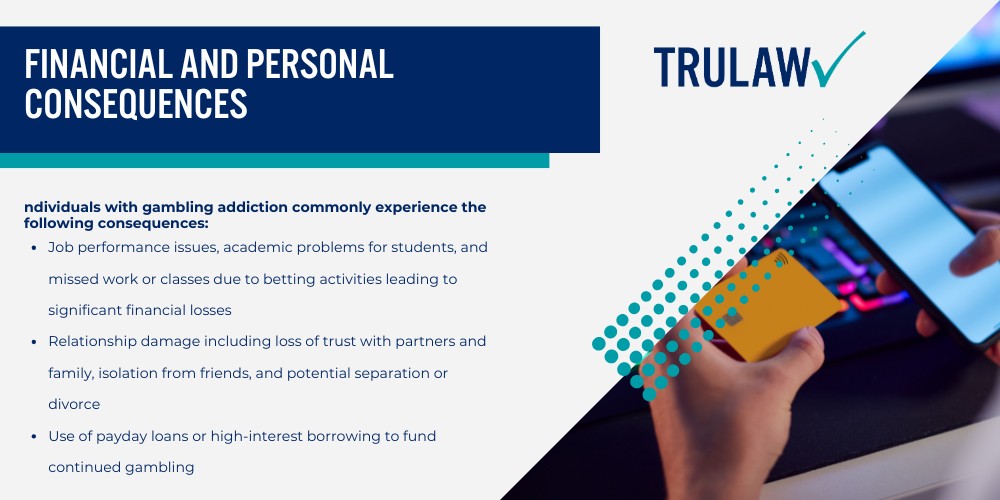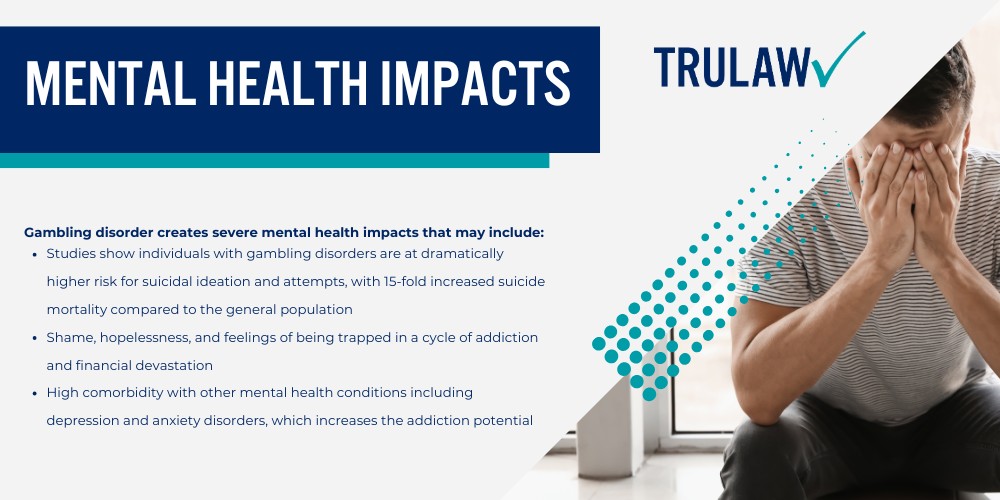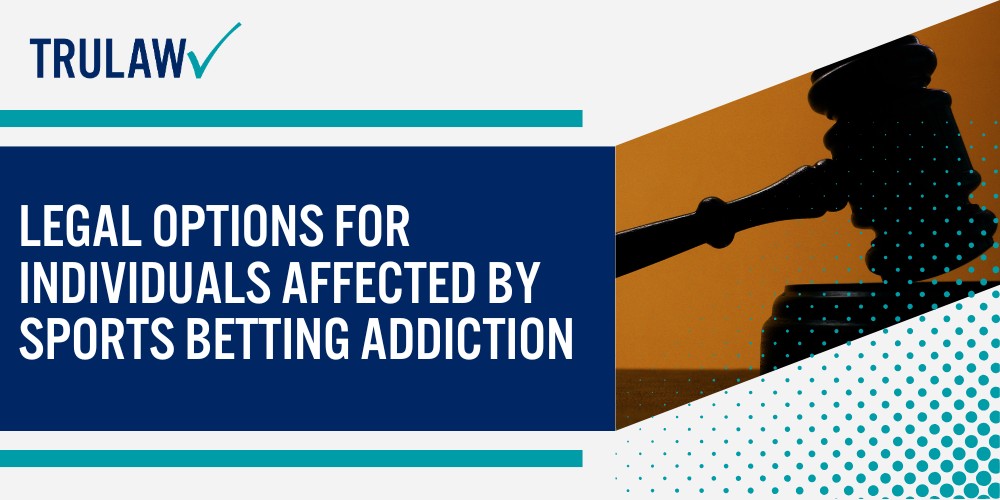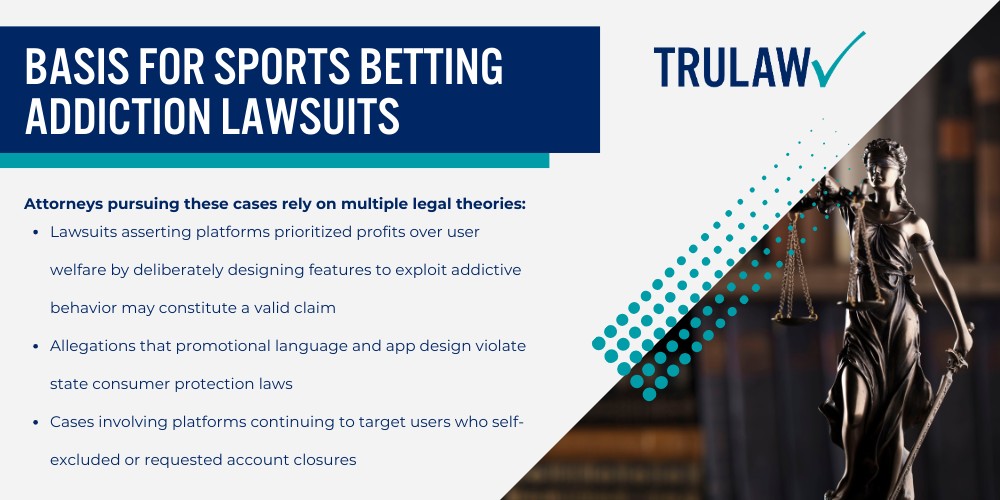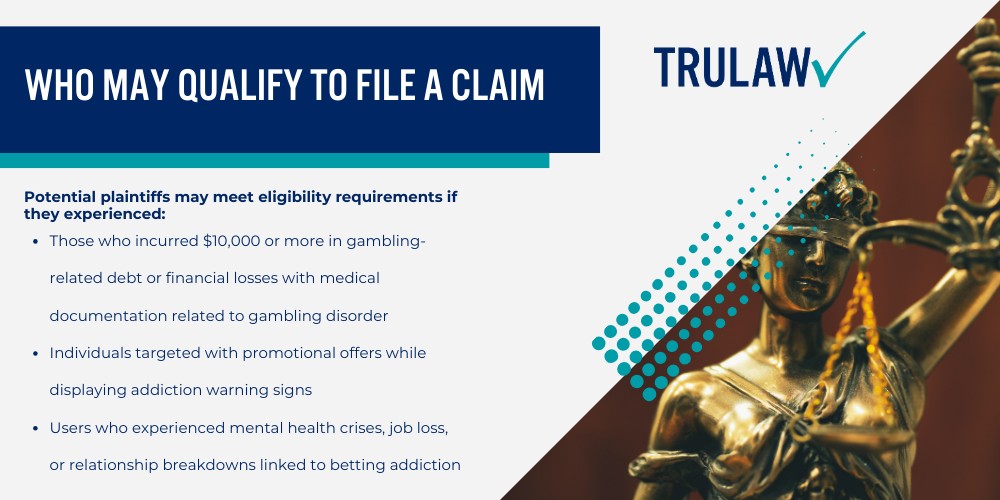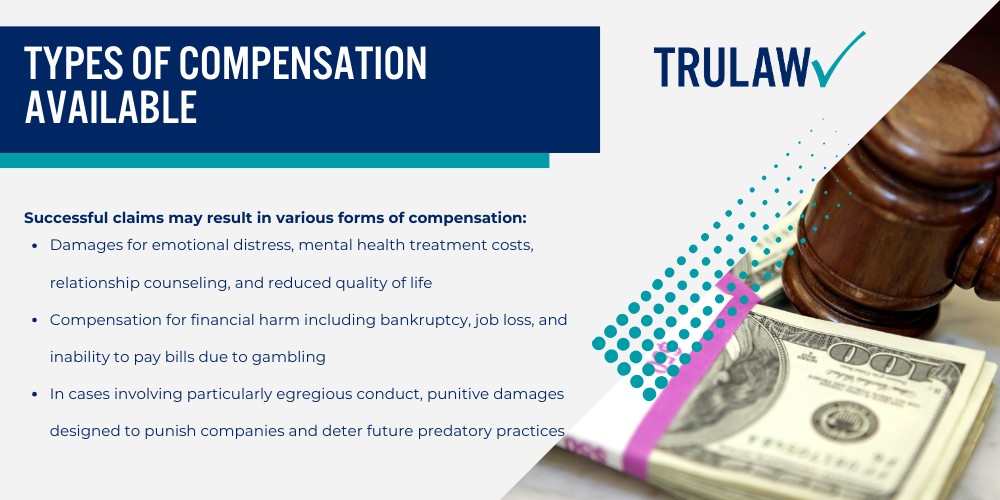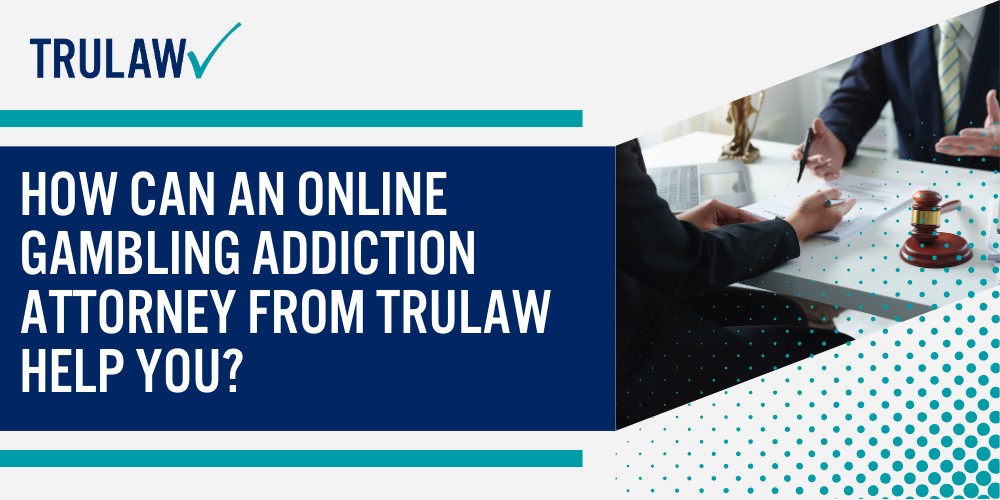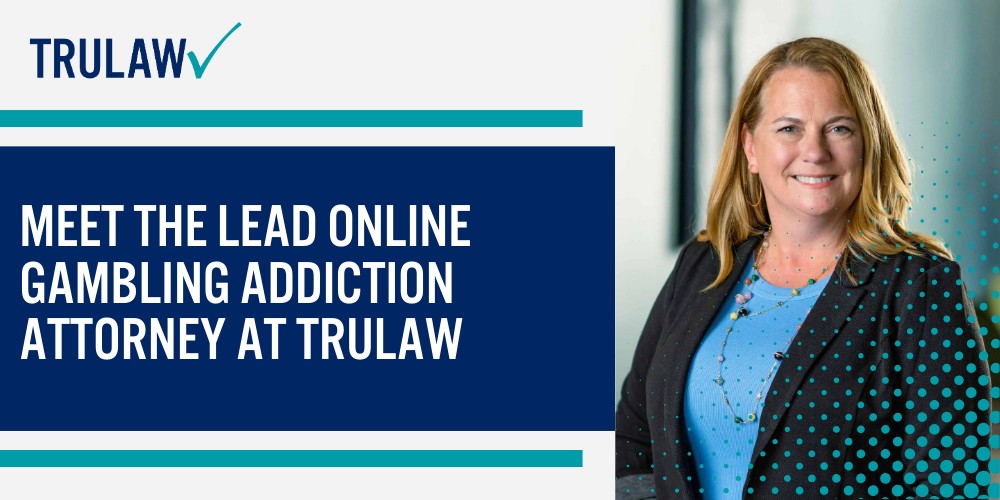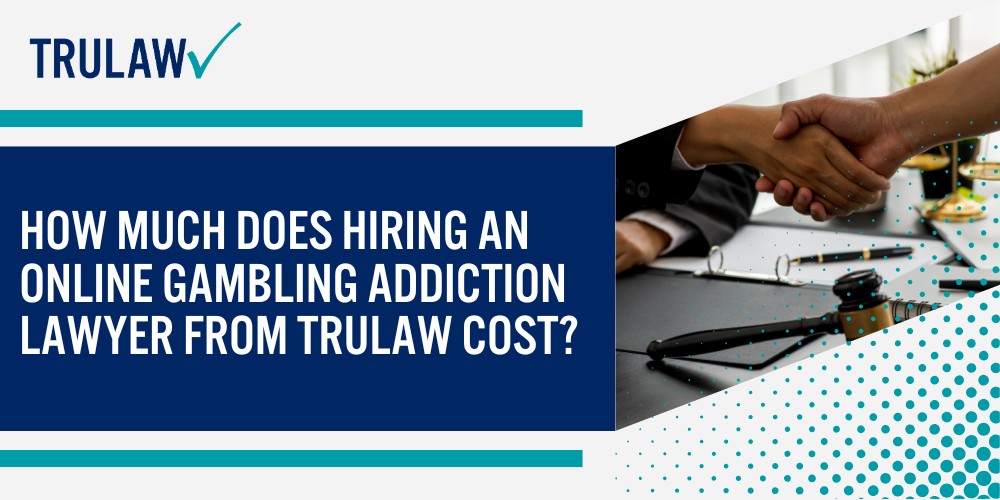The broader litigation landscape surrounding sports betting platforms now includes Fanatics within ongoing legal investigations.
While Fanatics is a newer entrant to the sportsbook market, it faces similar allegations to established platforms regarding addiction-fostering features and inadequate protections.
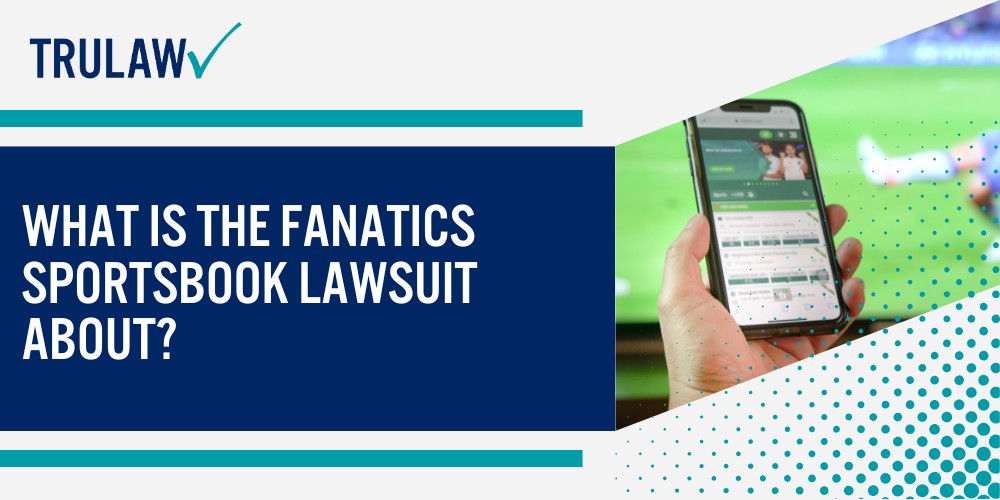
Since Murphy v. NCAA legalized sports betting through June 2024, internet searches for gambling addiction help-seeking have increased 23% nationally, corresponding with approximately 6.5 to 7.3 million searches.
Allegations Against Sports Betting Apps Including Fanatics
Platforms are accused of designing apps with manipulative app features affecting user behavior that encourage compulsive gambling, including rapid betting cycles, personalized push notifications, and gamified reward systems.
These design choices allegedly prioritize platform engagement over user welfare, with lawsuits seeking to hold companies accountable.
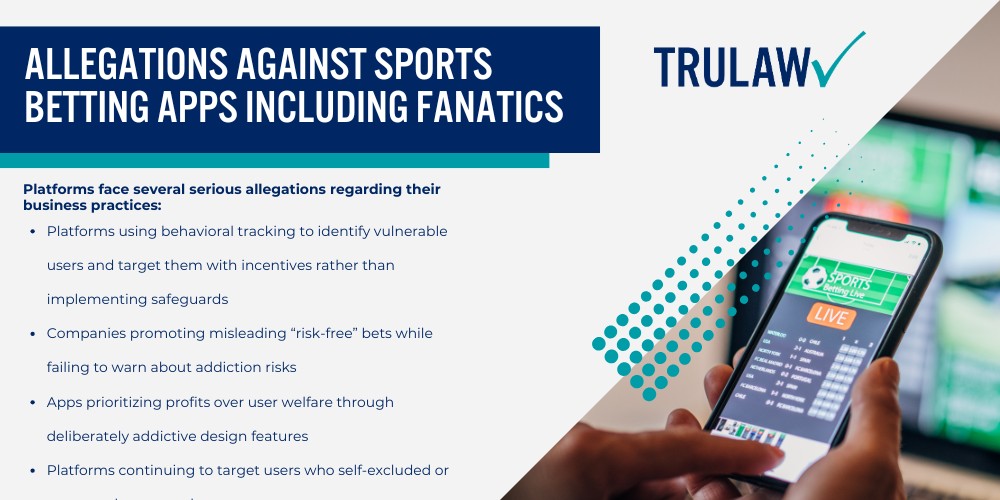
Platforms face several serious allegations regarding their business practices:
- Platforms using behavioral tracking to identify vulnerable users and target them with incentives rather than implementing safeguards
- Companies promoting misleading “risk-free” bets while failing to warn about addiction risks
- Apps prioritizing profits over user welfare through deliberately addictive design features
- Platforms continuing to target users who self-excluded or requested account closures
Legal theories underlying these claims involve consumer protection violations and deceptive marketing practices across the sports betting industry.
Courts have begun examining whether promotional language and website designs violate state consumer protection laws, with some cases proceeding based on allegations of false and misleading promotions.
The National Council on Problem Gambling observed a 30% rise in gambling problems between 2018, when sports betting was first legalized, and 2023.
Research shows 16% of Americans met clinical criteria for sports gambling addiction with an additional 13% showing warning signs.
If predatory app features and deceptive promotions on Fanatics Sportsbook contributed to your gambling disorder and financial harm, you deserve to know your legal options.
Contact TruLaw using the chat on this page for a free case evaluation to determine if you qualify to join others filing Gambling Addiction Lawsuits today.
How Fanatics Entered the Sports Betting Market
Fanatics built a multi-billion-dollar sports merchandise empire before launching its sportsbook in 2023 through the acquisition of PointsBet’s U.S. operations, where users could place substantial bets.
This acquisition strategy provided instant market access and positioned Fanatics to leverage existing customer relationships.
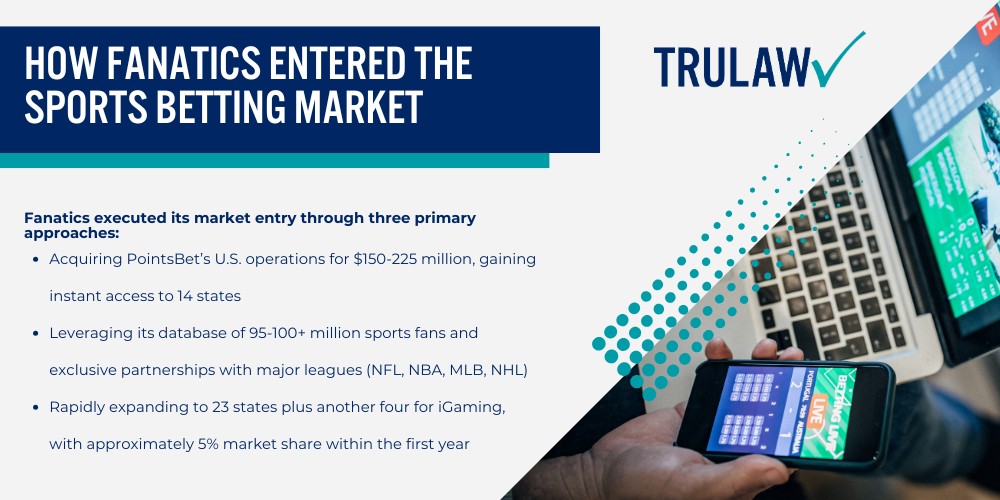
Fanatics executed its market entry through three primary approaches:
- Acquiring PointsBet’s U.S. operations for $150-225 million, gaining instant access to 14 states
- Leveraging its database of 95-100+ million sports fans and exclusive partnerships with major leagues (NFL, NBA, MLB, NHL)
- Rapidly expanding to 23 states plus another four for iGaming, with approximately 5% market share within the first year
Fanatics differentiated itself through the FanCash rewards program that bridges betting and merchandise purchases, creating cross-platform engagement, though critics argue such apps created addiction risk.
This unique integration may have blurred lines between sports fandom and gambling activity, potentially normalizing betting behaviors that could lead to compulsive patterns.
The company’s 2024 betting and gaming revenue reached $300 million, demonstrating rapid growth in the competitive sportsbook market.
This expansion occurred during a period of heightened scrutiny of online gambling platforms and their marketing practices.
